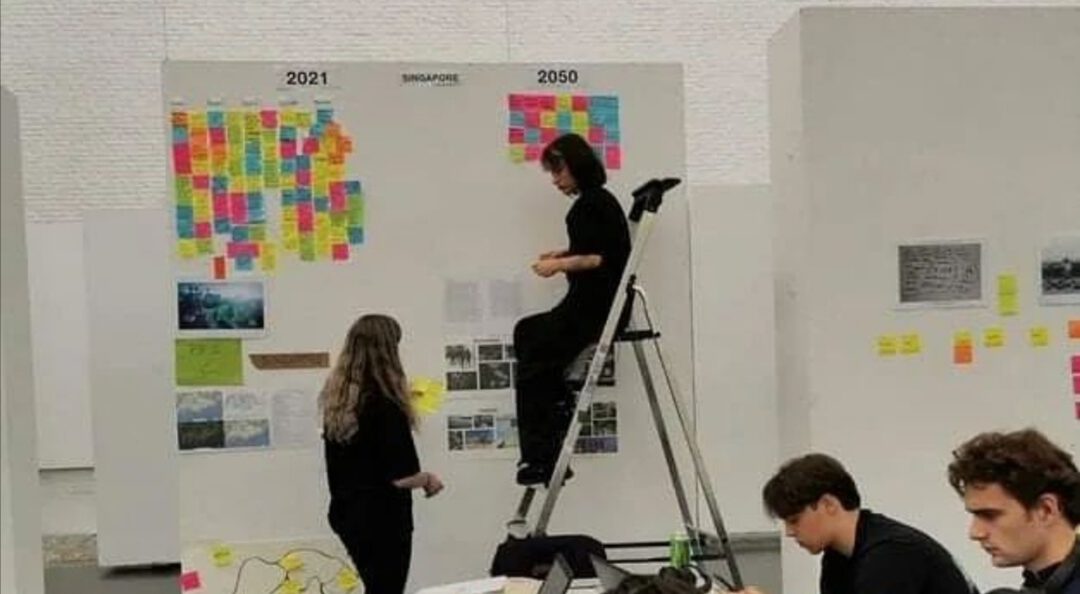In Deep Water
A 3D Game Demo
What would you do if your essential human needs were taken away?
The Avans Expertise Centre for Technical Innovation (ETI), which focuses on realizing innovative technologies for a sustainable world, commissioned the development of a game set in a futuristic city. The city selected for the game was Singapore due to its potential for sustainability, viability, and resilience, as well as its vulnerability to natural disasters. However, one of the most pressing challenges the city faces is a growing water shortage. This was chosen as the central theme of the game's story.
Group project
Duration: 8 weeks
My roles: Unity programmer, Co-game designer, Co-writer
Grade: 9/10




